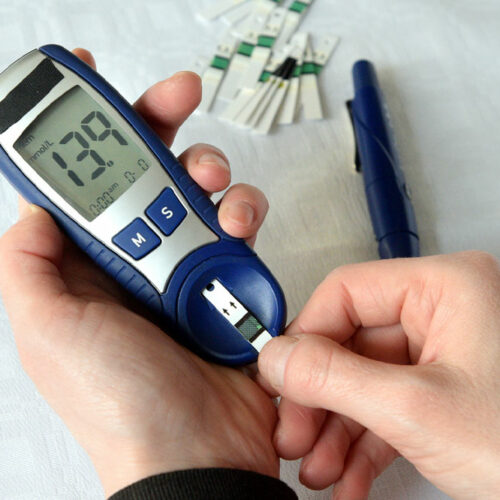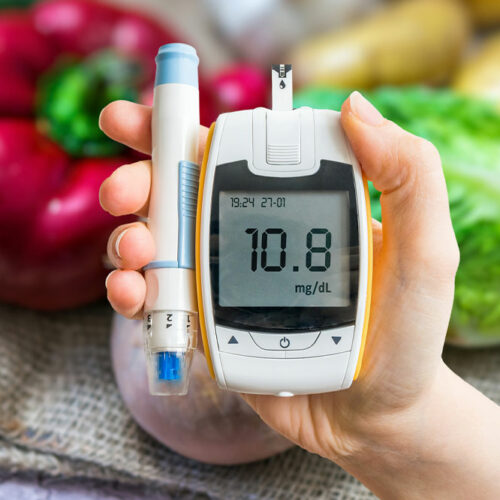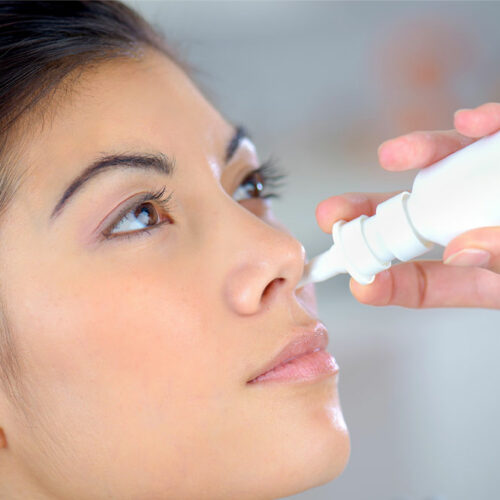Hyperglycemia – Causes, Symptoms, and Management

Hyperglycemia is high blood sugar, a complication observed in people with diabetes. It develops when the body has significantly less insulin than required or when the body is unable to process insulin. A person with hyperglycemia usually has a blood glucose level of more than 125 mg/dL when fasting and over 180 mg/dL after eating. When hyperglycemia is left untreated for a long time, it can damage the nerves, organs, and blood vessels. Causes and risk factors Many factors can increase the risk of hyperglycemia in people with diabetes. Some of them are: Insufficient or inaccurate dosage of insulin that one takes to manage diabetes Body’s inability to effectively utilize insulin treatment Excessive carbohydrate intake Leading a sedentary lifestyle Physical or emotional stress Dawn phenomenon, which is a hormonal surge or rise in blood sugar people with diabetes experience every morning Some of the other possible causes of hyperglycemia:






